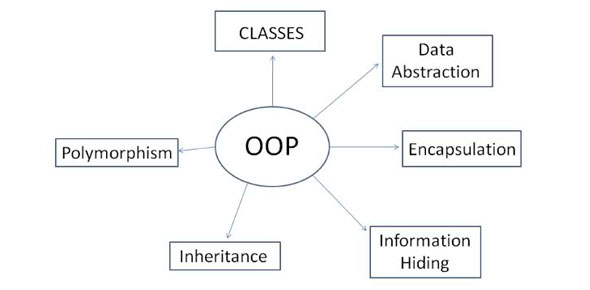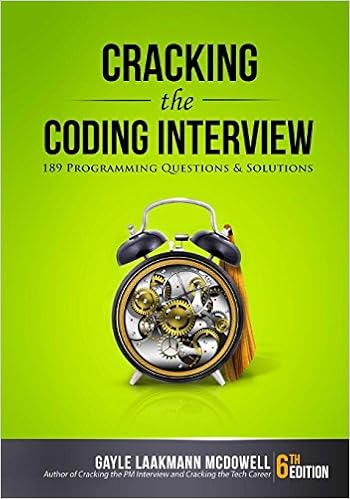In an interview with job review website Glassdoor, Cracking the Coding Interview author Gale Laakmann McDowell said: “The goal of coding interviews is to evaluate the candidate’s problem-solving skills and to see if they can translate their thought-process into reasonably correct, well-structured code”. Unlike any interviews in other industry, the coding interview is a more specialized, rigorous and nervous process. It is understandable that for people who are new to the tech world, technical interviews can be very intimidating. Here are my 5 tips to help you with your upcoming coding interview, no matter if it is a whiteboard test, a phone screen or a Hacker Rank’s coding challenge:
- FIRST OF ALL, YOU NEED TO UNDERSTAND THE PURPOSE OF CODING INTERVIEW.
According to Cracking your coding interview workshop conducted by Facebook at RMIT this year, the majority of technical interviews are usually designed to make sure a potential hire is qualified, works well under pressure, and have the ability to work collaboratively with others. Remember these three points before entering any coding interviews to make sure you won’t forget to showcase any of them.
- ASK QUESTIONS (ESPECIALLY WHEN THEY DID NOT SPECIFY THE CONSTRAINTS OF THE CHALLENGE)
The most common problem with interviewees (especially programmers like us) is that often times, it is very difficult to admit that you don’t know something. As coding is a group process and code is designed not for only computers to understand, but also for an actual human to elaborate, the ability to ask for help or clarification on ambiguous questions is one of the most in-demand skill sets in the industry. Don’t be afraid to ask questions, even the interviewer understand that not a single developer knows everything, so DON’T BE AFRAID!
- THERE’S ALWAYS MORE THAN ONE ANSWER.
There is always more than one way to solve a programming interview problem. Always. There are usually multiple ways to tackle a problem, some of which might not be optimal. Yes, it is important to come up with a working solution first, but it is always a good idea to think about scaling issues, any potential bottlenecks, or what would happen if you have a bigger data set.
- OOP IS NOT DEAD.
There is a reason why at RMIT we offer so many courses focusing on object-oriented programming. The ability to turn code into understandable and easy to manage chunks are treasured and significantly valued.
And again, writing code for computers to understand is easy. Writing code for humans is hard.

- PRACTICE MAKES PERFECT
Technical preparation is the key to separate fail/pass candidates (on average over 90% fail), and companies want well-prepared candidates. Being able to come up with a working solution is the bare minimum to be considered to the position. However, what separates the good candidates from great is the ability to think beyond what’s required. You can usually get a good idea of what a company’s technical interviews will be like by researching on Glassdoor, Github or a company’s technical blogs. You can also lean on resources like Hacker Rank and Code Leet for additional practices. (The author of this article already tested these sites and can confirm that they are fantastic !!)

The book that is recommended by many developers in Silicon Valley companies (Facebook, Google, Microsoft, and so on)
It is true that technical interviews aren’t perfect. In fact, during the tour to Zendesk Melbourne this year with Adel Smee (Zendesk’s Engineering Manager), she admits that coding challenges still have many flaws in which sometimes experienced coder failed to showcase their skills. However, a well-prepared strategy and a positive and confident mind are the things you need to help you to breeze the coding interview.
Comment below if you have tips to share with your coding interview. Thanks for reading


